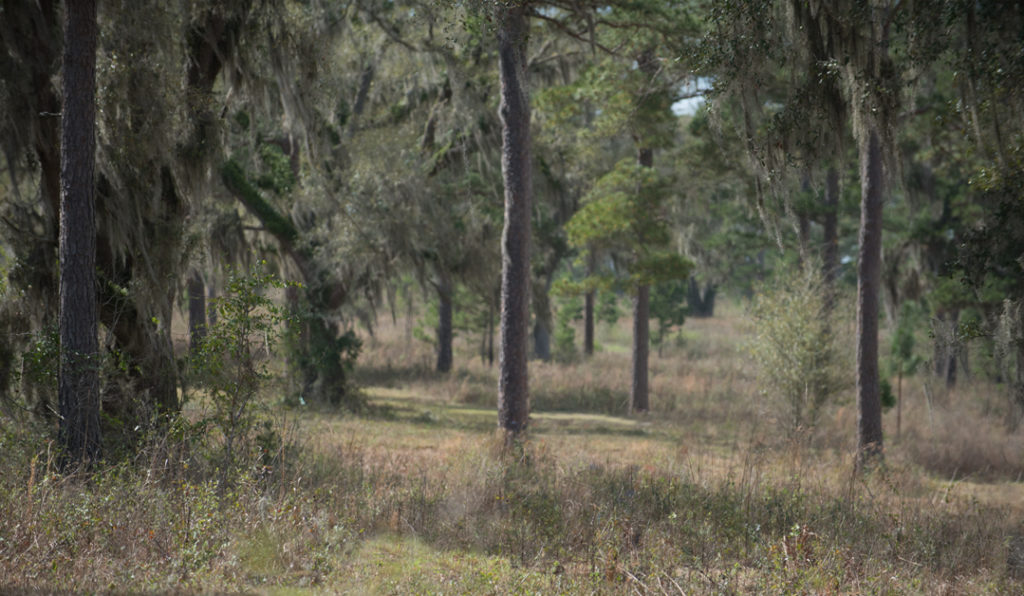Ben and Sam had a favorite among the several for-the-public pointing dog trainer-handlers who called home the area around Albany (locally “All-Benny”). The reason had nothing to do with his prowess as a trainer or deftness at handling. Rather it had to do with his very dark past and how he had redeemed it.
Farley Vail had what Sam Nixon MD called an addictive personality. In his youth he had become addicted to pain killers and alcohol, prompted by battlefield wounds sustained in Vietnam. Sam believed he was born with a genetic predilection. After hitting bottom and serving time for larceny, his conviction tied to feeding his habits, he had, against long odds Sam said, gotten clean and stayed clean thirty years.
Ben and Sam admired him for that, but more for the fact he had quietly devoted his life since to helping others cursed with addictions. Nearly every year, the curmudgeons enlisted Farley’s help with a client of Ben’s or a patient of Sam’s (sometimes both) cursed with addiction to drugs or alcohol or both.
Farley had a method, or formula, in dealing with these victims. Assisted by his wife Mae, who had also suffered addictions in her youth and who traveled the trial circuit with Farley, he began with isolating the victim on his remote prairie summer training grounds. This required disabling nightly all vehicles present there. He varied the methods of disablement daily, for he knew the addict would be constantly figuring how to escape to civilization and a source to feed his addictions. Having studied auto mechanic in his military training, and worked for a time as an auto tech afterward, Farley had no trouble outwitting his addict subjects on this front, though he was constantly challenged in other ways.
Farley made sure the subject was clean at the start. This meant that Ben and Sam had to assure that the victim ended a period of inpatient institutional rehabilitation just before departing with Farley for Farley’s summer camp. Or sometimes Sam or Ben would fly with the victim, just out of rehab, to Minot where Farley would meet them at the airport.
Once the addict arrived at camp, Farley’s technique was simple. Beginning before sunrise with grooming and tacking up the riding stock, the victim had work scheduled for his every waking moment. If not working he was eating or sleeping.
Farley and Mae used Good Cop-Bad Cop techniques in managing their addict subjects. When she sensed a victim was at his limits in tolerating Farley’s demands she would fix him a favorite dish or take him the thirty miles to the nearest grocery store for a half-day of shopping and a break from the training routine.
When summer’s end finally loomed, almost inevitably Farley’s enthusiasm for a student or two or even three from among the dogs in training would have rubbed off on the addict-helper, and he would lose himself in the efforts to polish the young dogs for the fall’s first trial. This year Farley called Ben the week before that trial was scheduled to begin.
Ben felt a sense of foreboding when Joanne gave him the message slip for the call. He steeled himself for bad news and punched in Farley’s cell number, expecting to get a recorded message (cell service was spotty on Farley’s vast grounds). But to his surprise Farley answered at once with a good connection. And more surprising, he sounded cheerful.
“What’s the problem, “ Ben asked, expecting to hear the addict-helper had run off.
“The problem is this, Mr. Ben. Billy (his rehabilitation subject that year) is doing real good. But he wants to go on the circuit with me instead of going home. I can’t pay him or feed him, though he is welcome, and I think a year on the circuit would be good for him. You got any ideas, Mr. Ben?”
Indeed Ben did. “Let me talk to Sam and I’ll call you back, or he will,” Ben said.
Ben called Sam. “Can Billy’s dad afford to pay Billy an allowance that will cover his food and a little over for a year while he travels the field trial circuit as Farley’s helper?”
“Hell yes,” Sam said.
So Sam called Billy’s dad and the arrangements were made. He then called Ben back.
“Tell Farley to tell Billy he is being paid by Farley. That might boost Billy’s self worth a little. That’s usually important at this stage.”
Ben called Farley back. He agreed to the deception about the source of Billy’s allowance. Farley and Billy enjoyed a good year together on the circuit. Billy stayed clean, and having Billy to do most of the driving and look after the stock allowed Mae to stay home in Albany and spend time with her two young grandchildren, a secret wish she had harbored several years.
When the year ended the following March, the arrangement was extended another year, with Billy’s father glad to cover the allowance and increase it a bit. Then at the end of a second season Billy got an offer of employment as assistant to a handler who worked privately campaigning for a wealthy patron of trials who also owned a quail plantation near Thomasville. Farley advised Billy to take the job, for he had decided to retire from the circuit and take a job managing another such plantation for his best trialing customer.
Ben and Sam now had two more places to bream fish on ponds in the spring.

